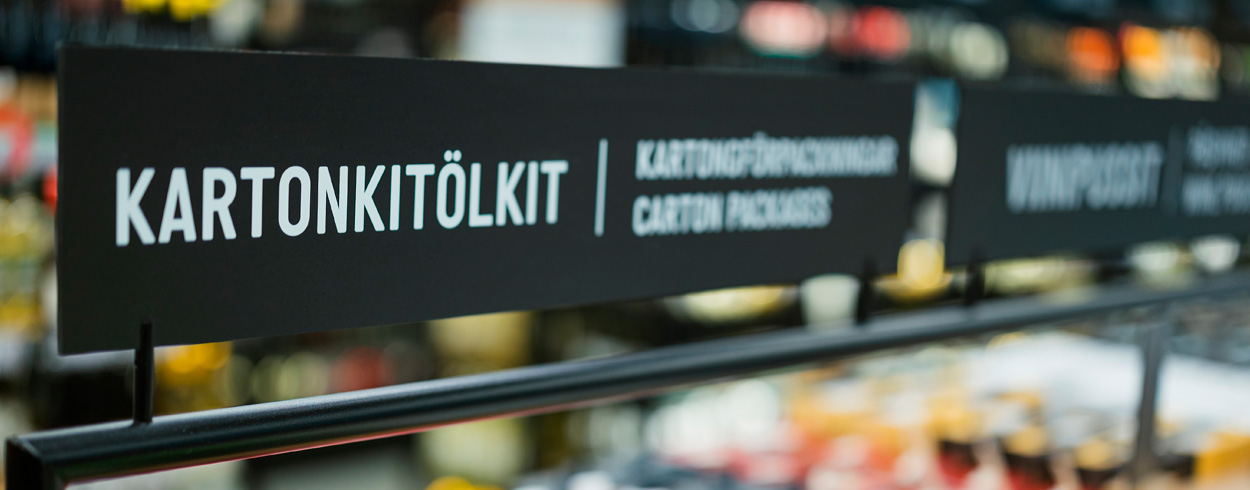
International commitments spur on Alko’s climate work
Alko has set ambitious, science-based climate targets that cover not only its own emissions, but also those in the value chain. Work to reduce emissions is supported by international initiatives that Alko has committed to.
Alko’s environmental work is based on an environmental roadmap drawn up with the other Nordic alcohol monopolies. The signatories have committed to halving the emissions from their supply chain by 2030.
Climate targets in line with the Science Based Targets initiative also cover value chain emissions
Alko has set ambitious, science-based climate targets that include not only its own emissions but also those of the value chain. The goal is to halve the climate emissions generated by all operations by the end of 2030 together with actors in the supply chain, and to minimise the negative environmental impacts of operations.
Alko’s climate targets are already in line with the Science Based Targets initiative. The next step is to validate them. This will ensure that the targets are consistent with the latest climate research and that they will enable Alko to work towards the Paris Agreement’s goal of limiting global warming to 1.5°C.
Reducing emissions requires goal-oriented efforts — which Alko has carried out for a long time. Our targets are ambitious and we will continue to reduce our emissions on a tight schedule.
Bottle Weight Accord encourages the use of lighter bottles
The Sustainable Wine Roundtable (SWR) is an international group that promotes responsibility in all aspects of wine production. Alko is one of the founding members of SWR.
The company joined the Bottle Weight Accord commitment published by SWR in November 2023. The signatories of the Bottle Weight Accord commit to reducing the average weight of the 0.75L glass bottles of still wines* in their offerings. Weighing less than 420 grams, the carbon footprint of these lightweight glass bottles is 25% smaller than those of traditional glass bottles. In addition to Alko, other major actors in the alcohol industry are also involved in the commitment.
The commitment supports Alko’s long-term efforts to promote lower-emission packaging. The average wine bottle weighs about 550 grams. We are committed to reducing the weight of bottles to 420 grams by the end of 2026. Currently, the average weight of wine bottles in Alko’s offering is 460 grams, so we are well on our way to our goal.
Beverage packaging and its manufacture accounts for a significant proportion of a beverage’s carbon footprint. The wine bottle itself and its production account for up to 46% of the carbon footprint of a bottle of wine. A traditional glass bottle has the greatest climate impact per litre of beverage. Paperboard packaging has the smallest carbon footprint. Read more about the carbon footprint of packaging.
UN Global Compact membership demonstrates a commitment to responsible business practices
In addition to climate commitments, Alko also joined the world’s largest corporate responsibility initiative, the UN Global Compact, in May 2023. Companies and organisations that are committed to the initiative comply with international obligations on working conditions, human rights, the environment and anti-corruption in all the countries in which they operate. The initiative supports companies in their responsibility efforts through the 10 Global Compact principles and the UN Sustainable Development Goals.

